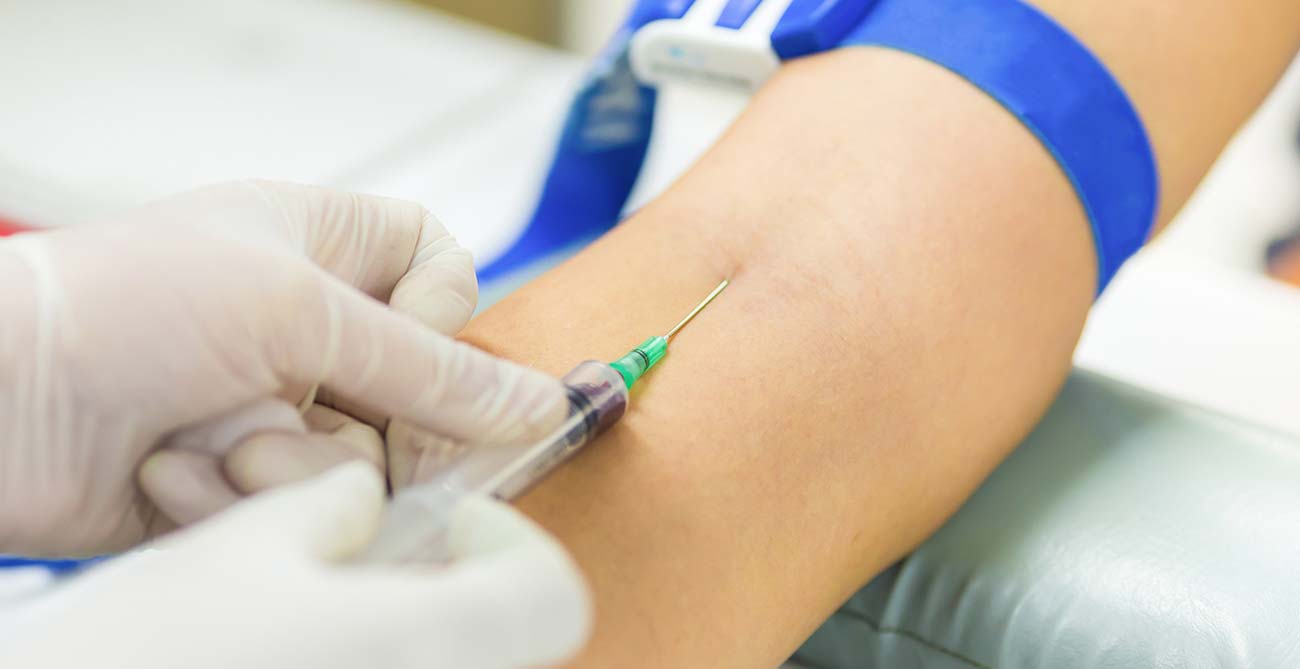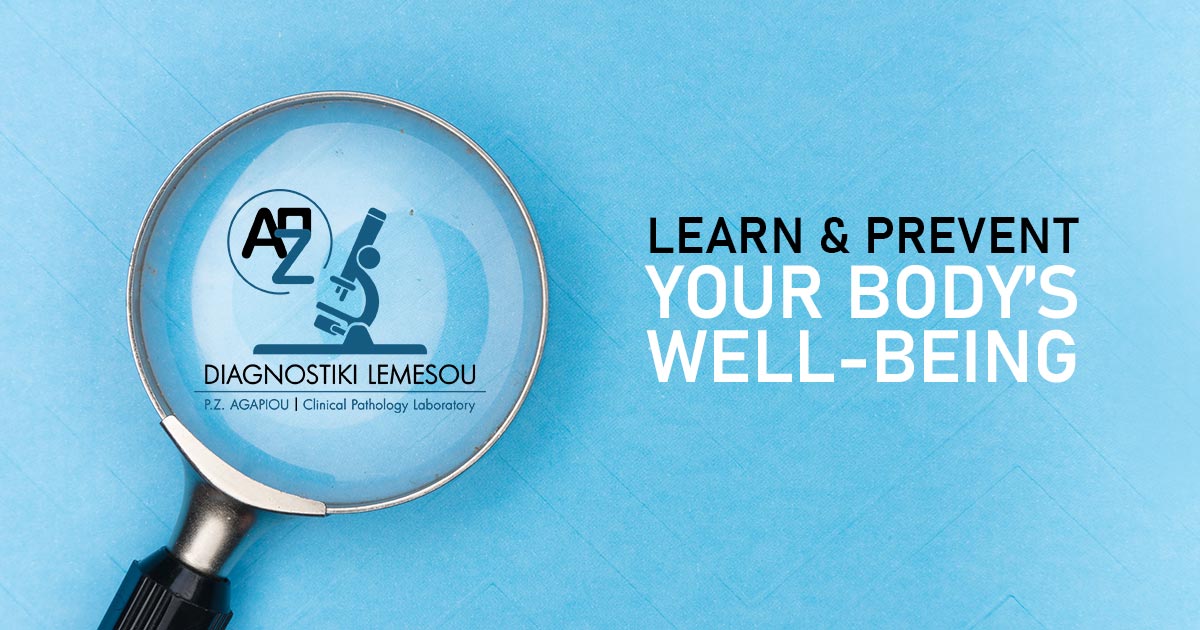
Fasting & Blood Test
How do we prepare for a blood test?
Some blood tests will require you to fast in advance. In this case your personal doctor will instruct you to do not eat or drink anything except water in the hours before the blood test. Fasting before certain blood tests is important to make sure that the results are accurate. Minerals, vitamins, fats, carbohydrates but also the proteins that make up all beverages and foods can affect the blood level measurements to some extent by blurring your test results.
* Not all blood tests require to fast in advance. Blood tests that may require fasting are the following:
- Blood glucose test
- Cholesterol test
- Liver function test
- Triglyceride level test
- High & Low density lipoprotein level test (HDL, LDL)
- Basic metabolic panel
- Renal Function panel
- Lipoprotein panel
How long should you fast before a blood test?
For most tests, your personal doctor will ask you not to consume nothing but water for 8 hours before the blood test. For some other tests may take 12 hours. The 8-12 hours of fasting before the blood test can be completed by sleeping is enough but not to be disturbed by coffee or any meal.
What if your child needs to fast before a blood test?
- Distract them with board, video games or even cartoons.
- Add various incentives to your child after the blood test is over.
- Prepare a bag of snacks for your child to eat after the process.
What about fasting for a blood test during pregnancy?
There are several blood tests you may need if you’re pregnant. These are designed to assess any potential health concerns that you or your baby might experience during pregnancy or after you give birth. Some of these tests will require you to fast beforehand. Your doctor will advise you how to prepare for each test.
Fasting is usually safe if you’re pregnant, provided you’re in good health and aren’t having a high-risk pregnancy. For your overall comfort, your doctor may advise you to drink extra water or to remain indoors, especially if the weather is very hot or humid.
Fasting may increase heartburn in some pregnant women. If you experience uncomfortable or concerning symptoms of any kind while you’re waiting to have your blood drawn, let your doctor know immediately.
If you’re seeing a doctor other than your obstetrician-gynecologist, make sure they are made aware of your pregnancy before your blood test.
What happens if you don’t fast before a blood test?
If you don’t fast before a test that requires it, the results may not be accurate. If you forget and eat or drink something before the test, call your personal doctor to ask if the test can still be done. Some tests can be analyzed with a notation that it isn’t fasting and results may vary. The main thing is to be honest. If you had a snack, a cup of coffee, or even a full breakfast, tell the technician when you have your blood drawn. They should make a note so that the results are reviewed with the food intake as a variable. And if fasting is an absolute must for meaningful results, they should stop and reschedule your blood draw.
Original Source:
https://www.healthline.com/health/fasting-before-blood-test
References:
Blood test. (2016)
americanpregnancy.org/prenatal-testing/blood-test/
Can I eat and drink before having a blood test? (2015
nhs.uk/chq/Pages/1018.aspx
Can I take medication before having a blood test? (2017, January 31)
nhs.uk/chq/Pages/medication-before-a-blood-test.aspx?CategoryID=69
Helping kids deal with injections and blood tests. (2014, September)
kidshealth.org/en/parents/injections-tests.html?WT.ac=p-ra
ypes of blood tests. (2012, January 6)
nhlbi.nih.gov/health/health-topics/topics/bdt/types
What tests might I need during pregnancy? (n.d.)
nichd.nih.gov/health/topics/preconceptioncare/conditioninfo/pages/tests-needed.aspx

